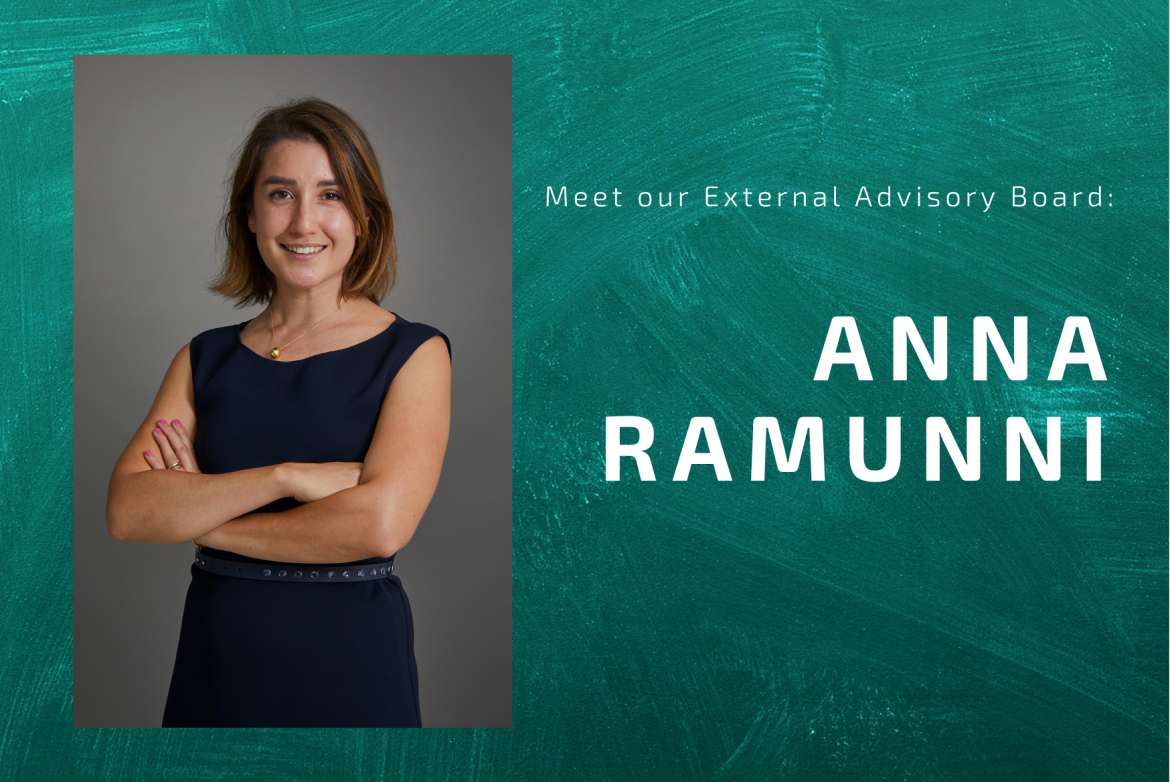Meet LICROX’s External Advisory Board: Anna Ramuni
Anna Ramunni is a team leader at De Nora, working in the electrochemistry field. She obtained her Ms degree in Material Science from the Università degli Studi di Milano-Bicocca in 2016. She then joined De Nora in Italy, where she worked as R&D scientist in the Electrode Technology department, mainly focusing on anodes for water disinfection via electro-chlorination. In 2022 she took the lead of New Applications Research team and Analytical Chemistry team. Her main research topics are DSA electrodes for oxygen and chlorine evolution; Gas Diffusion Electrodes for oxygen reduction and CO2 reduction reactions; industrial test protocols; large scale electrodes’ manufacturing processes. Ramunni recently obtained an Executive Master in Innovation and Technology Management (EMTIM) from Bologna Business School.
What is your role at de Nora?
I lead the New Applications Research team and the Analytical Chemistry team at De Nora. We support the company in two ways: we scout new technologies and develop them until they are mature enough to become products in a short timeframe and we characterize and analyse solutions and materials coming from all De Nora’s value chain, from research to industrial production to after-market. We are therefore in continuous contact with research centers and universities, through specific partnerships for internal projects and financed projects.
What do you think are the biggest barriers for the development of solar fuel technologies?
Solar fuels technology is an intriguing approach to the energy crisis. I think that the biggest barriers to it are the scale up of the developed nanostructures and the durability of the photoelectrodes. Also, we need to select systems that are cost-effective.
What do you think is the best formula to foster collaborative research between industry and academia?
Usually, the main difficulties we encounter as industrial partner are the different timescales we have (academia has a much longer one) and the management of IP.
To overcome the differences, it is up to industry to pick a small portion of the vast field that academia is studying and develop it into a marketable solution. On the other hand, it is up to academia to focus the knowledge it possesses.
Funded projects are a good start for a collaboration: for industry it is a way to get to know academia realities and identify the right questions to ask them. I think today’s challenges spur a better cooperation between academia and industry, and the combination of pioneering solutions coming from academia and developmental ones from industry might be the key to achieving innovation at a faster pace.
What would you recommend to young researchers currently working in the solar fuels and chemicals area?
Build strong relationships with other researchers. The world is every day more complex and you can’t be an expert in everything.
Also, as these days the real change is made by diverse teams, make the effort of communicating effectively with people coming from distant areas of expertise. Inspiration may come from very far away.

